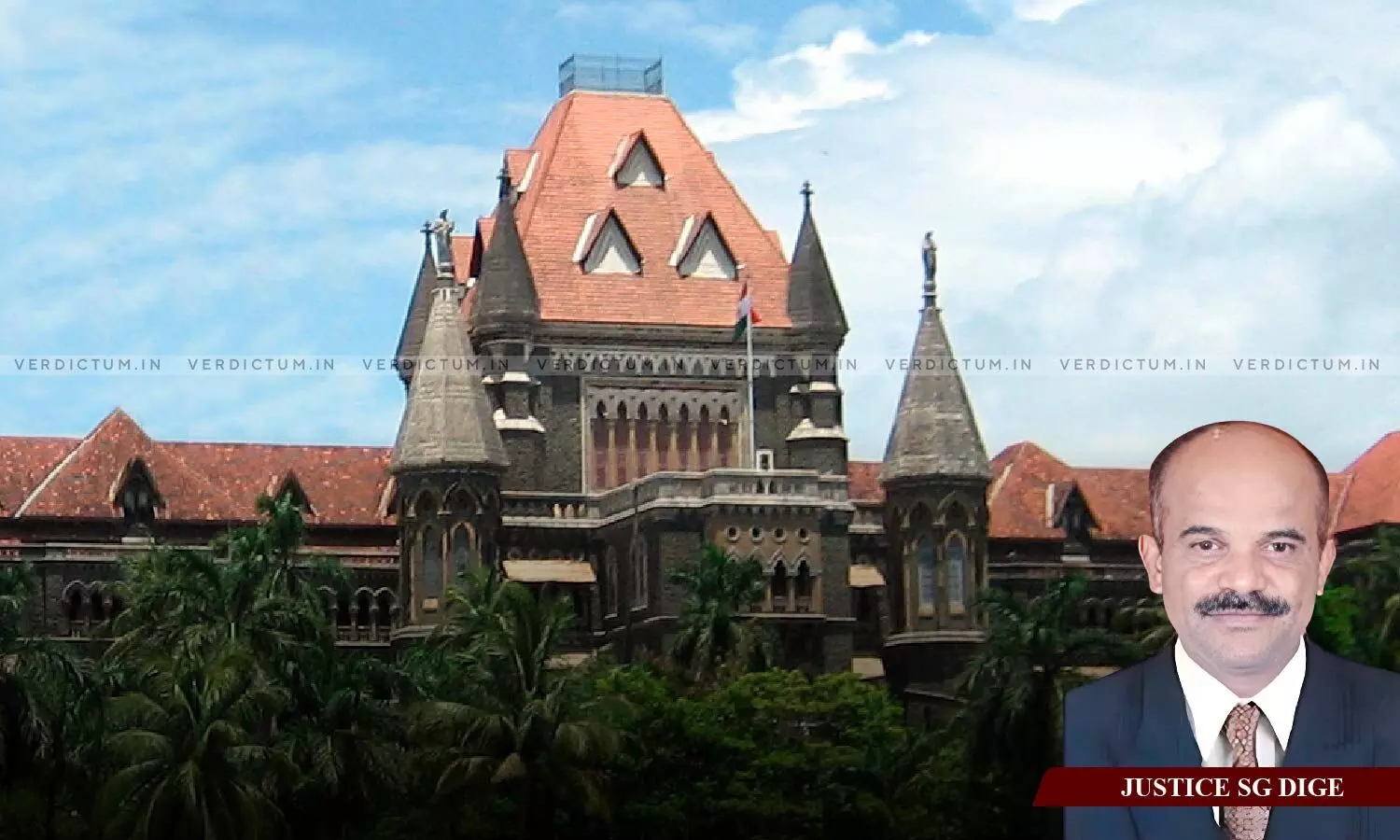
Insurance Company Did Not Prove Its Defence That Driver Did Not Hold Valid License: Bombay HC Holds Insurance Company Liable In Motor Accident Claim Case
 |
|The Bombay High Court recently held an Insurance Company liable for enhanced compensation in a motor accident case after rejecting its defence that the driver of the offending vehicle did not hold a valid driving license, since it could not prove the same. The High Court cast the burden to prove the same on the Insurance Company.
The Bench of Justice Shivkumar Dige set aside an order of the Motor Accident Claims Tribunal which held the deceased partially responsible for the accident. “In my view, the Appellant-Insurance Company should have examined the Officer from RTO Office, to prove their defence, but it is not done. Hence, I do not see merit in the contention that the driver of the offending vehicle was not holding effective and valid driving licenses", the Court held.
Advocate Karishma Jhaveri appeared for the Insurance Company while Advocate Yogesh Pande appeared for the claimants.
The matter came before the court as an appeal by Appellant-Insurance Company against the judgment and order passed by the Motor Accident Claims Tribunal, Pune. The Claimant has also preferred an Appeal for enhancement of the compensation.
The claimant’s case was that the deceased was proceeding towards Sanaswadi from Shikrapur by Nagar-Pune highway in his Maruti Car. When he reached the bye-pass of Enkei Co. Ltd., Shikarapur, one trailer truck was proceeding towards Pune. The said trailer did not have parking or brake lights. The driver of the said trailer was driving the offending trailer rashly and negligently and all of a sudden he stopped his trailer in the middle of the road. Since the trailer did not have brake lights or indicators, the deceased dashed the trailer from its backside and sustained multiple injuries.
The counsel for the Appellant-Insurance Company contended that the accident occurred due to sole negligence of the deceased as the deceased gave a dash to the offending vehicle from the back side, but the Tribunal has considered 50% contributory negligence on the driver of the offending vehicle and 50% contributory negligence on the deceased, which is erroneous. The counsel further submitted that at the time of the accident, the driver of the offending vehicle was not holding effective and valid driving licenses, but this fact is not considered by the Tribunal.
The counsel further submitted that the Tribunal had awarded the amount under the nonpecuniary head on a higher side.
In opposition, the counsel for the Claimant argued that the offending vehicle trailer truck was 70 feet long. The said trailer did not have a parking light or break light and the driver of said trailer suddenly stopped his trailer in the middle of the road. Since the trailer did not have brake lights or indicators, the deceased dashed the trailer from its backside sustained multiple injuries, and died. The Appellant-Insurance Company has not examined the Officer from the RTO Office to prove that the driver of the offending truck was not holding an effective and valid driving license.
The counsel for the Respondent further submitted that the Tribunal has wrongly fixed 50% contributory negligence on the deceased, which is erroneous as the accident occurred due to sole negligence of the driver of the offending vehicle.
The Court observed that to prove the negligence of the deceased, the driver of the offending trailer did not step into the witness box. The insurance company was also faulted by the Court for failing to examine officers from the RTO to substantiate their claim that the trailer driver did not possess a valid driving license.
The High Court allowed the family's cross-objection and increased the compensation sum to Rs. 29.4 lakh, with interest starting on the date the claim petition was filed at a rate of 7.5% annually. Within eight weeks, the insurance firm was instructed to deposit the increased sum after deducting Rs. 45,000 for the excess non-pecuniary compensation that the Tribunal had awarded.
Cause Title: The New India Assurance Co. Ltd. Vs Mangal Ravindra Divate and Ors
Appearance:
Appellant: Advocate Karishma Jhaveri and Navdeep Vora & Associates
Respondent(s): Advocate Yogesh Pande